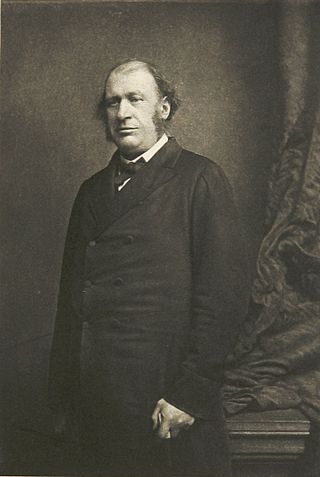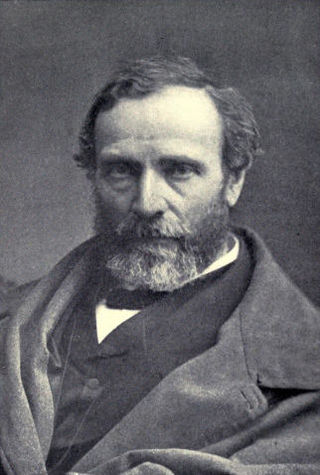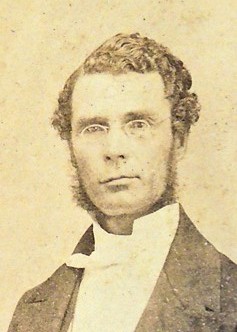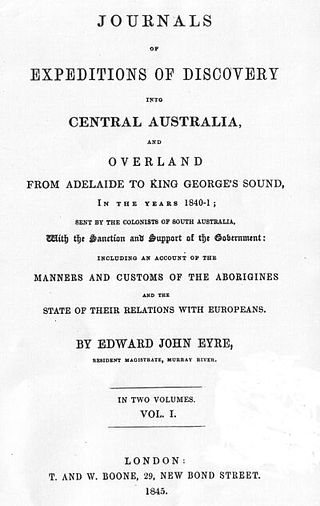
Sir Leslie Stephen was an English author, critic, historian, biographer, mountaineer, and an early humanist activist. He was also the father of Virginia Woolf and Vanessa Bell.

Sir James Fitzjames Stephen, 1st Baronet, KCSI was an English lawyer, judge, writer, and philosopher. One of the most famous critics of John Stuart Mill, Stephen achieved prominence as a philosopher, law reformer, and writer.

Albert Venn Dicey, was a British Whig jurist and constitutional theorist. He is most widely known as the author of Introduction to the Study of the Law of the Constitution (1885). The principles it expounds are considered part of the uncodified British constitution. He became Vinerian Professor of English Law at Oxford, one of the first Professors of Law at the LSE Law School, and a leading constitutional scholar of his day. Dicey popularised the phrase "rule of law", although its use goes back to the 17th century.

Zachary Macaulay was a Scottish statistician and abolitionist who was a founder of London University and of the Society for the Suppression of Vice, and a Governor of British Sierra Leone.

Paul Bogle was a Jamaican Baptist deacon and activist. He is a National Hero of Jamaica. He was a leader of the 1865 Morant Bay protesters, who marched for justice and fair treatment for all the people in Jamaica. After leading the Morant Bay rebellion, Bogle was captured, tried and convicted by the colonial government, and hanged on 24 October 1865 in the Morant Bay court house.

Edward John Eyre was an English land explorer of the Australian continent, colonial administrator, and Governor of Jamaica.

The Morant Bay Rebellion began with a protest march to the courthouse by hundreds of people led by preacher Paul Bogle in Morant Bay, Jamaica. Some were armed with sticks and stones. After seven men were shot and killed by the volunteer militia, the protesters attacked and burned the courthouse and nearby buildings. Twenty-five people died. Over the next two days, poor freedmen rose in rebellion across most of St. Thomas-in-the-East parish.

Saint Thomas, once known as Saint Thomas in the East, is a suburban parish situated at the south eastern end of Jamaica, within the county of Surrey. It is the birthplace of Paul Bogle, designated in 1969 as one of Jamaica's seven National Heroes. Morant Bay, its chief town and capital, is the site of the Morant Bay Rebellion in 1865, of which Bogle was a leader.

Arthur Hobhouse, 1st Baron Hobhouse, was an English lawyer and judge.

Eyre Coote was an Irish-born British soldier and politician who served as Governor of Jamaica. He attained the rank of general in the British Army and was created a Knight Grand Cross of the Order of the Bath before being stripped of his rank and honours in 1816 after conduct unbecoming an officer and a gentleman.

George William Gordon was a Jamaican businessman, magistrate and politician, one of two representatives to the Assembly from St. Thomas-in-the-East parish. He was a leading critic of the colonial government and the policies of Jamaican Governor Edward Eyre.

Sir Courtenay Peregrine Ilbert, was a distinguished British lawyer and civil servant who served as legal adviser to the Viceroy of India's Council for many years until his eventual return from India to England. His later career included appointments as the First Parliamentary Counsel (1899–1902) and as Clerk of the House of Commons from 1902 to 1921.

Phillips v Eyre (1870) LR 6 QB 1 is an English decision on the conflict of laws in tort. The Court developed a two limbed test for determining whether a tort occurring outside of the court's jurisdiction can be actionable. In time this came to be referred to as the "dual-actionability test".

Journals of Expeditions of Discovery into Central Australia is a Non-fiction novel written by the named explorer and colonist of the early Australia and other varies British colonies, Edward John Eyre. The main content of this book is derived from the travelogue of Mr. Eyre’s one year expedition trip started from Adelaide into mainland of the country and ended after he boarded a ship in King George’s Sound heading back to Adelaide. After returning, Eyre were suggesting to the Governor George Gipps the idea to lead another exploration from Moreton Bay to Port Essington but was instead appointed to resident magistrate and protector of Aborigines at River Murray and the experience and knowledge of dealing with the Aboriginals from this position form the basis of the sections of Account of the Manners and Customs of the Aborigines and the State of Their Relations with Europeans part of the book.
Eyre is a surname with origins in England.
The Golden Jubilee Honours for the British Empire were announced on 21 June 1887 to celebrate the Golden Jubilee of Queen Victoria on 20 June 1887.
Joseph Gurney (1744–1815) was an English shorthand-writer and evangelical activist.
The Supreme Council of Bengal was the highest level of executive government in British India from 1774 until 1833: the period in which the East India Company, a private company, exercised political control of British colonies in India. It was formally subordinate to both the East India Company's Court of Directors (board) and to the British Crown.

Luke Smythe O'Connor was a British army officer and colonial administrator. He served as Governor of the Gambia from 1852 to 1859, and held senior roles in the Colony of Jamaica during the 1860s, including President of the Privy Council of Jamaica.













